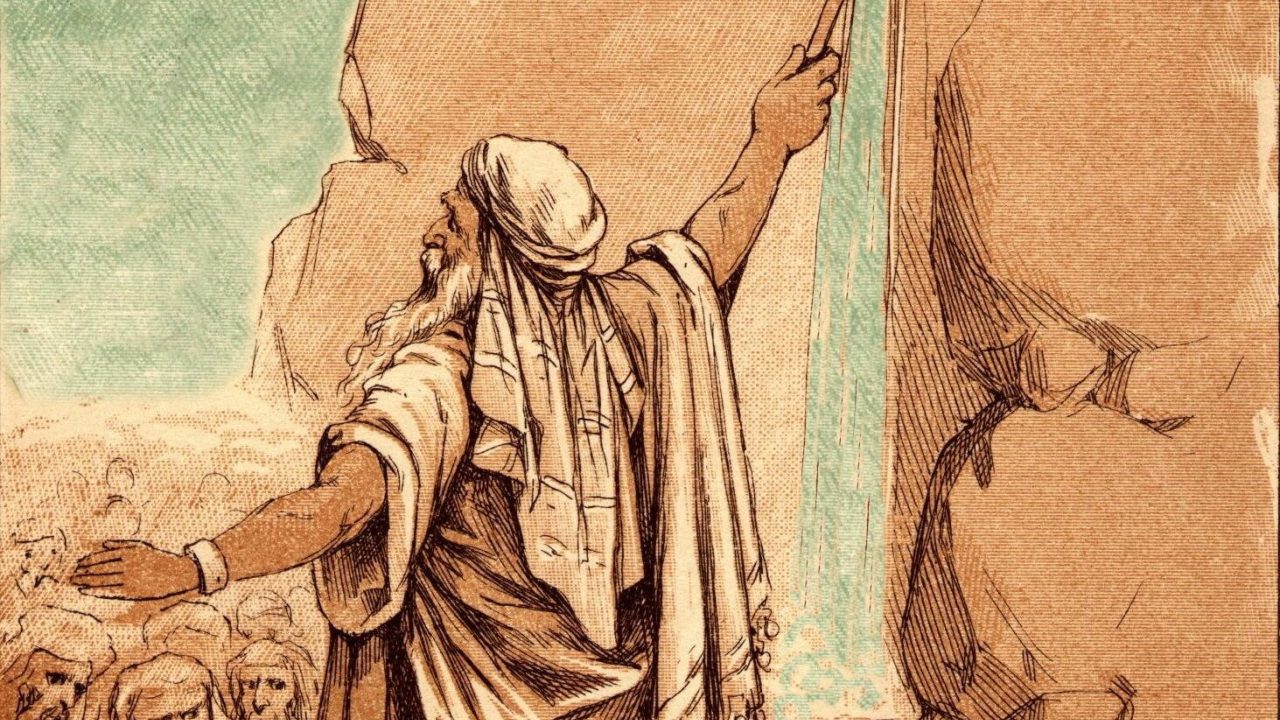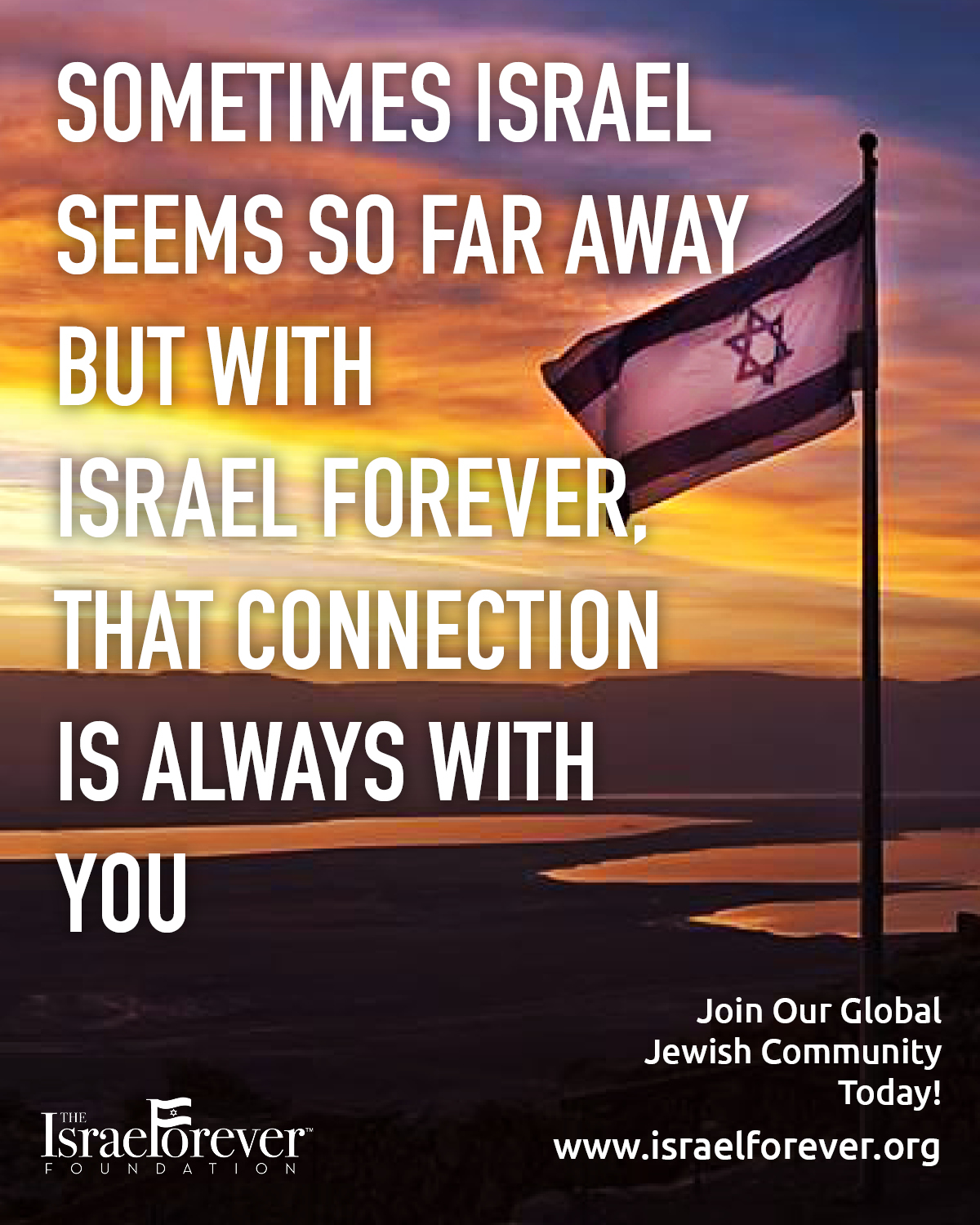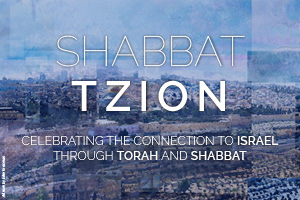Impulsive Action vs Thoughtful Leadership: Parashat Chukat
By Jacob Karlovsky
When I became a bar mitzvah while visiting with my family in the land of Israel, my Torah reading was Parshat Chukat. As a turning point experience for me, I will never forget the moments where I read the Hebrew text from the Torah scroll and explained the parsha to my audience in English. Likewise, the parsha was a strong turning point for the Israelites in the desert, as they edged closer and closer to the land of Israel. This parsha not only carries a strong message for me, but one that applies to all Jews today.
Parshat Chukat is centered around Moshe Rabbeinu (Moses) as the Israelites are approaching the Promised Land. G-d teaches Moses the laws of the red heifer, a cow whose ashes purify someone who has come into contact with a dead body. Moses leads the Israelites into the wilderness of Zin outside the land of Israel, where his sister Miriam dies.
The people are thirsty for water, and they complain to Moses about the conditions of the land. G-d tells Moses to speak to a rock and command it to produce water, though out of anger towards the people, he defies G-d’s command and strikes it instead. Though the rock produces water, G-d tells Moses that he and his brother Aaron are barred from entering Israel.

Illustration by Richard Andre, 1884
What was so significant about Moses’ striking of the rock? Moses simply fell victim to his own impulses, just like he did when killing the Egyptian taskmaster in an earlier parsha. He was used to leading the Israelites as slaves in Egypt, and as such had the impulse to strike the rock - a symbol of the violence of slavery. However, now that he is leading a new generation of Israelites born free in the desert, he needs to overcome these impulses and adapt to a new style of leadership, one characterized by simply talking rather than violently striking.
Of course, Moses’ negative impulses had consequences, notably his prohibition from entering the land of Israel, but also more disunity among the Israelites as they could no longer be led by Moses into the land and remained in the wilderness. Lack of unity among the Jewish people throughout our history has always led to trouble, and often it is the result of our negative impulses.
Today, Jews in the diaspora may feel a negative impulse to distance themselves from Israel since it is too far away and politically charged for many people to care about. This leads to increased division among the world’s Jews, and the only solution is to collectively change our leadership style to be more focused on our common history and connection to Israel.

If we, as Jews, want to be leaders, we need to be cognizant of today’s time period and the threats that we need to overcome. If we unite behind Israel, which is our historical homeland and the place where Jews throughout history have yearned to visit, then all our superficial differences will disappear, and we will undoubtedly become a stronger people as a whole.
Discuss the following psukim from Chukat. How is its message relevant to us today? What can we learn from it?
Numbers 20:7-13
- 7 The Lord spoke to Moses, saying:
- 8 "Take the staff and assemble the congregation, you and your brother Aaron, and speak to the rock in their presence so that it will give forth its water. You shall bring forth water for them from the rock and give the congregation and their livestock to drink."
- 9 Moses took the staff from before the Lord as He had commanded him.
- 10 Moses and Aaron assembled the congregation in front of the rock, and he said to them, "Now listen, you rebels, can we draw water for you from this rock?"
- 11 Moses raised his hand and struck the rock with his staff twice, when an abundance of water gushed forth, and the congregation and their livestock drank.
- 12 The Lord said to Moses and Aaron, "Since you did not have faith in Me to sanctify Me in the eyes of the children of Israel, therefore you shall not bring this assembly to the Land which I have given them.
- 13 These are the waters of dispute [Mei Meribah] where the children of Israel contended with the Lord, and He was sanctified through them.
Jacob Karlovsky

Jacob Karlovsky is from outside Phoenix, Arizona and is currently a student at the University of Pennsylvania. After first visiting Israel for his bar mitzvah in 2013, he instantly fell in love with the land and has returned several times since. In his free time he enjoys playing guitar and traveling to new places, and he also hopes to live in Israel one day.








